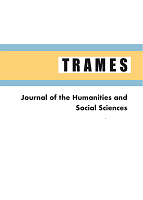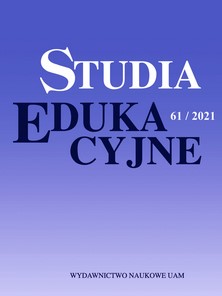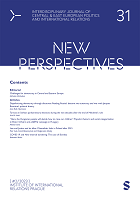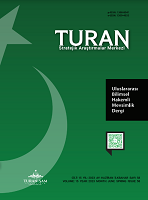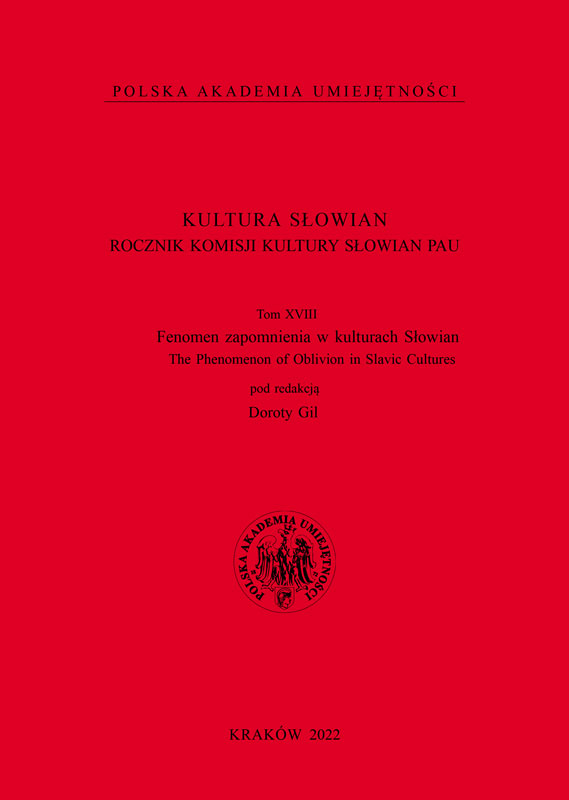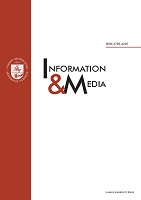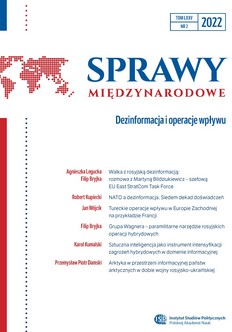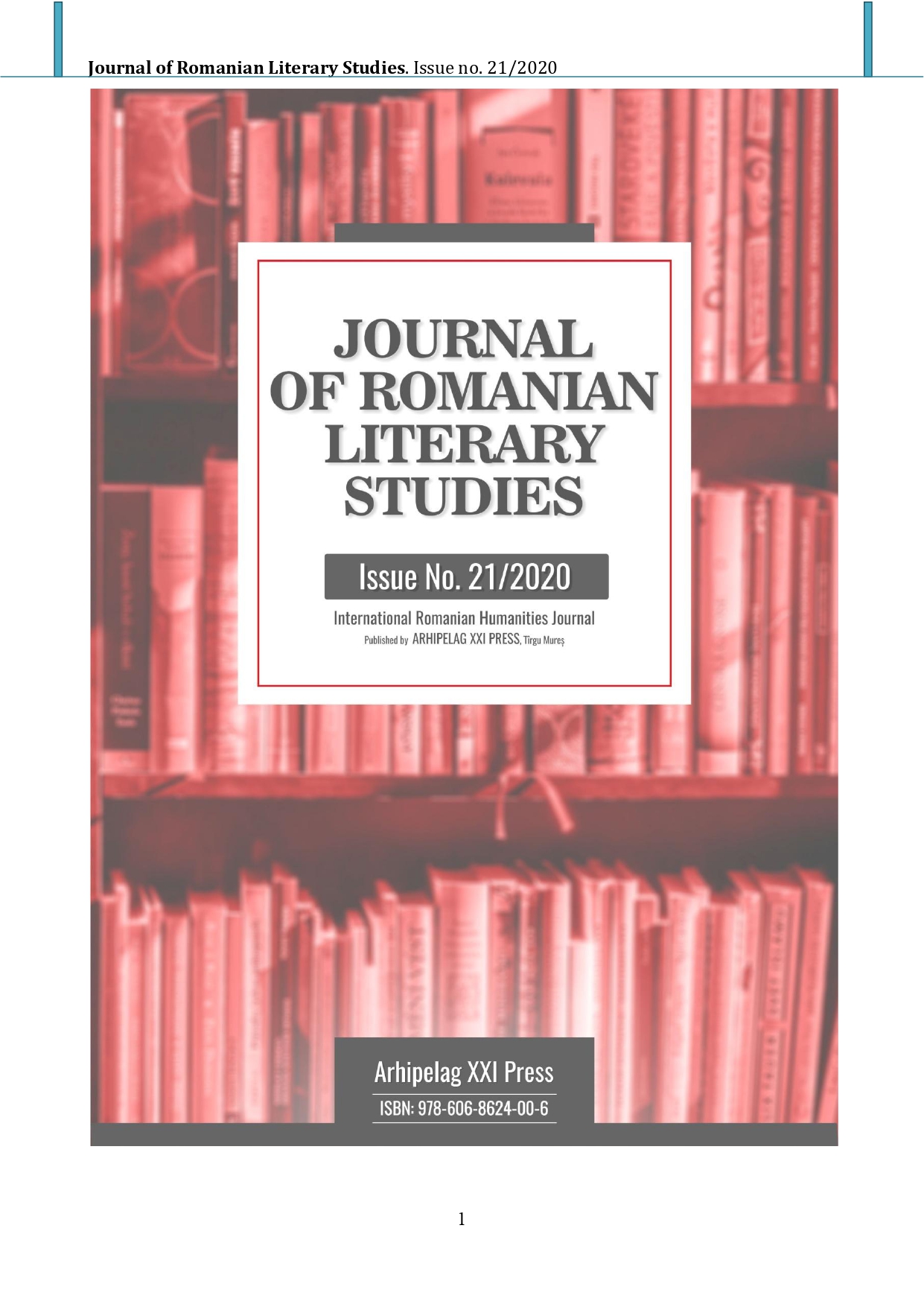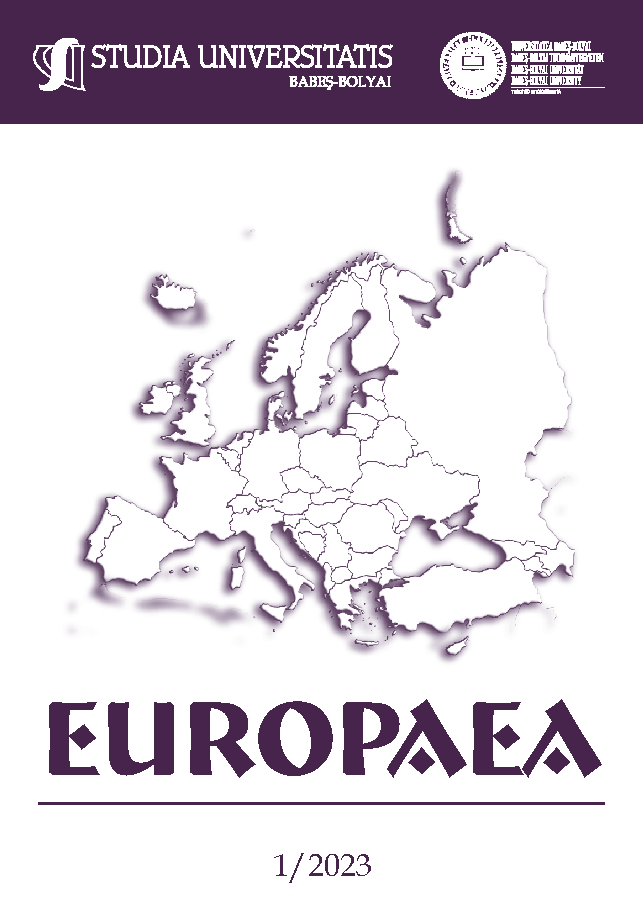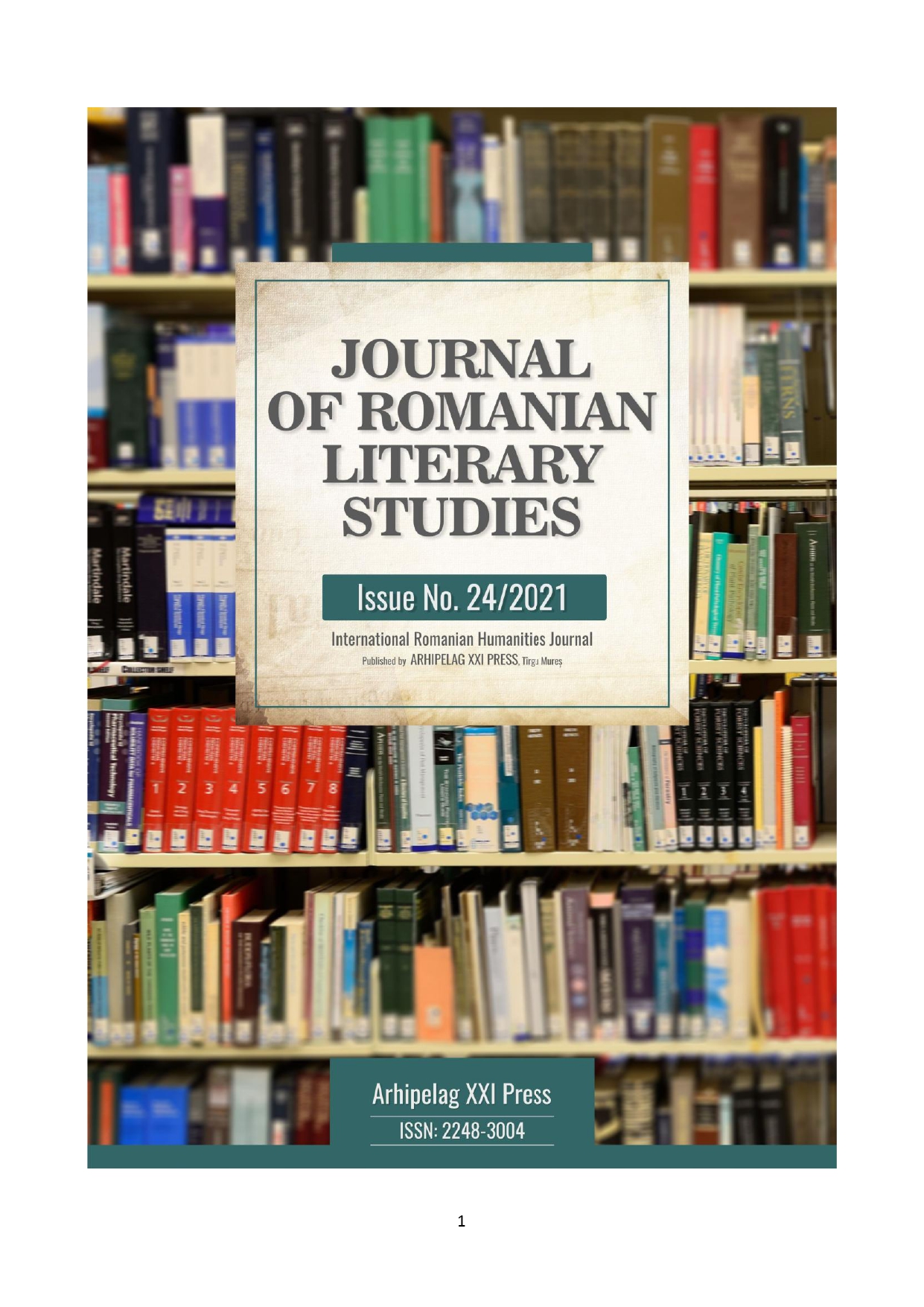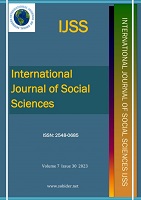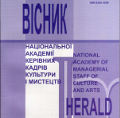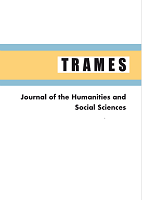
STORYTELLING IN THE DIGITAL ERA: PERSPECTIVES ON AGE AND GENDER
Storytelling constitutes the use of narrative and facts in order to express a topic of interest or concern to an audience. To produce and share stories with the appropriate audience, digital storytelling uses information technology. The position of underrepresented people and groups, such as women and African-Americans, is influenced significantly by storytelling. Storytelling, also known as narratives, has a long history in African-American culture, with African-Americans using narratives to share their life stories and folktales as a form of entertainment. The purpose of this essay is to examine several aspects of storytelling in the context of digitalization, with a focus on age and gender. The study responded to research questions regarding narratives and storytelling and by this storytelling aided in restoring identity among traditionally disadvantaged and marginalized communities and groups. In using digital storytelling, people were taught how to utilize digital media tools to create video narratives about themselves and their experiences.
More...
